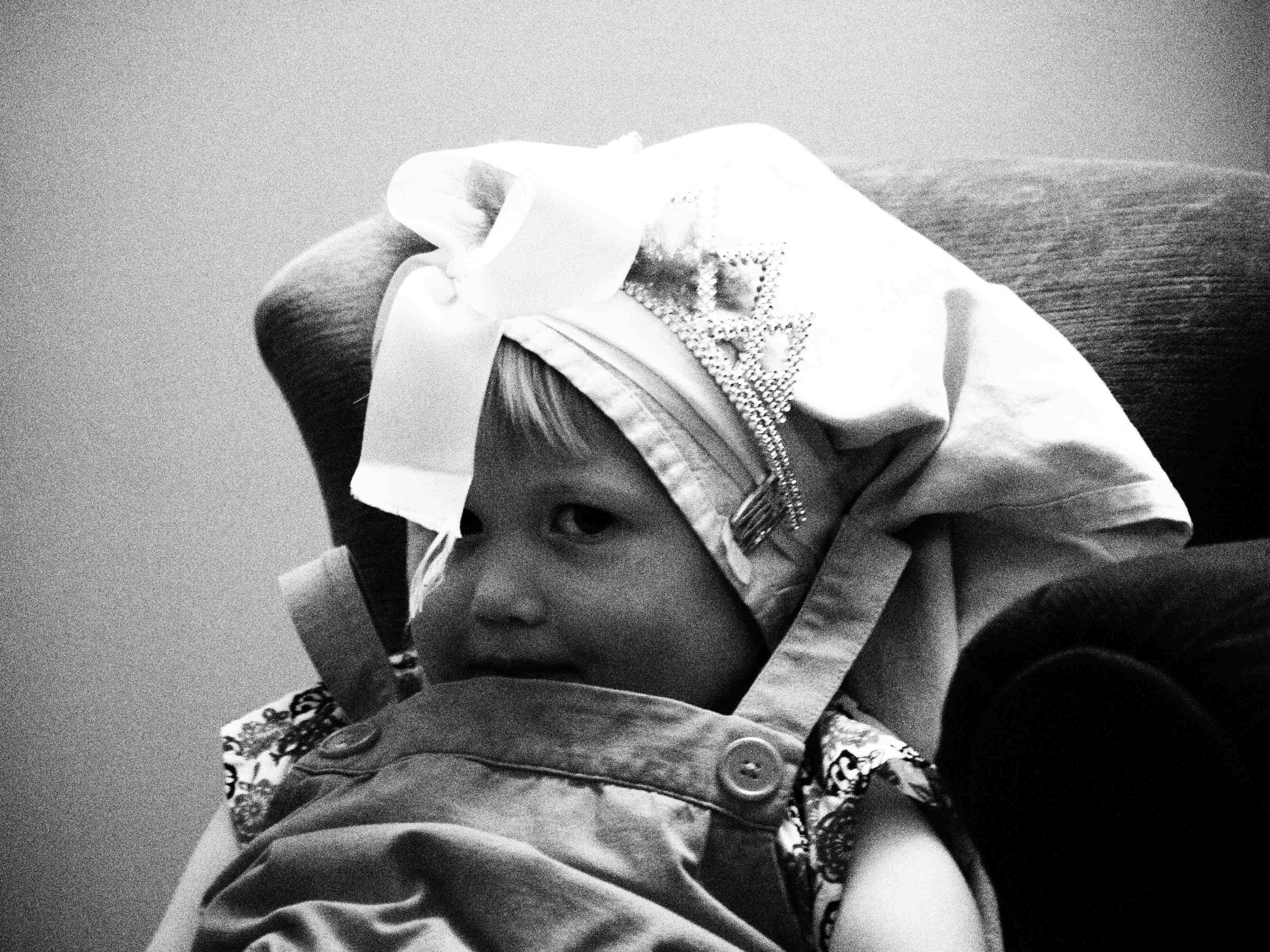
Last time I was in my hometown of Seattle, I walked by the movie theater I worked at for many years in the 1990s and 2000s and found it permanently closed. Being sad and angry about changes in Seattle is kind of a thing, but I wasn’t just upset about a piece of the city–and my own personal history–rotting (until it is replaced by million-dollar condos). I was sad because the Guild 45th was the perfect movie theater in which to have a transcendent movie theater experience. Two single screens in separate buildings with art deco style, giant marquees, and the intoxicating perfume of decades of popcorn and old carpet. She will be missed.
Here’s a post I wrote in 2015 about the transcendent experience of going to the movies, lightly edited:
This weekend, I took my five-year-old daughter to her first movie in the theater, the new Cinderella. We got popcorn and Whoppers and great seats. The lights dropped, the previews and Frozen short ran, and then the film began, plunging us into another world. Two hours later, we were both hungover.
This new Cinderella plays it straight and traditional, sticking to the fairy tale with just a few tweaks to modernize it. It is gorgeous and straightforward and everyone is ravishing and having a wonderful time.
I have always loved going to the movies—I and millions of other people, for whom the periodic pilgrimage into the dark is an intensely pleasurable ritual. I worked at a two-screen theater in Seattle in high school, and always felt that, in my dark tie and black skirt, tearing tickets and taking latecomers to their seat with a discreet flashlight, I was a kind of acolyte to a global religion. In the dark, we shed ourselves and bathe in alternative universes, using our species’ capacity for empathy to inhabit wholly other—and often more glamorous—lives.
This experience, like many other transcendent experiences, comes with a price, though: a depressive, pale feeling as one walks out from the theater and reenters one’s own pedestrian reality. But the cinema hangover—inversely to the alcohol hangover—fades with age. As we become older, less imaginative, and more resigned to the prosaic compass of our own daily grind, we feel the contrast between our lives and celluloid (or, these days, digital) lives less keenly.
But this week, the hangover returned. Maybe it was seeing the film through my daughter’s eyes; maybe it was that I hadn’t been to the movies in far too long; or maybe it was just that director Kenneth Branagh and his team know how to put on a big fat fairytale without any knowing winks to jar one back to reality.
As I walked outside of the matinee into the blinding but dull light of a small town movie theater parking lot, I felt the old bleak, washed-out feeling return. I didn’t say anything to my daughter, but when we got home, she first dashed about raving about the film and then tried, with increasing desperation, to replicate its deeply gorgeous costumes, by costume designer Sandy Powell. As her safety pins, scarves and hoop skirts made of cardboard failed to bring back the magic of the film, she wept and wept and wept.

The cinema hangover is not merely envy of lovely frocks, CGI palaces, or the youthful pleasures of falling in love, though these all do play a part. One can experience the feeling walking out of a realistic drama, a tearjerker, even a comedy. I am inclined to believe that the men and women chiefly to blame for the leaden feeling of the sidewalk outside the theater (especially after matinees—the direct sunlight is a killer) are art directors and editors. Because no matter how sad or “realistic” the film, you can bet that it will be more visually beautiful and better paced than our own lives.
To walk out of a film is to walk into a slower, clunkier, uglier, less visually unified, and more poorly plotted world. And that crush is most intense when you are young enough to believe that with just the right application of scotch tape and scarves (or, in ten years, lip gloss and whisky) you too can be a heroine who can ride horses bareback and become a queen in a wedding gown that took 550 hours to make.
The day that audiences don’t feel any hangover at all as they walk out of the theater is the day that “going to the movies” will disappear forever. That dejected lurch into our own lives is the evidence that we left them in the first place. And that leaving is why we go.
One thought on “Redux: Cinderella and the Cinema Hangover”
Comments are closed.